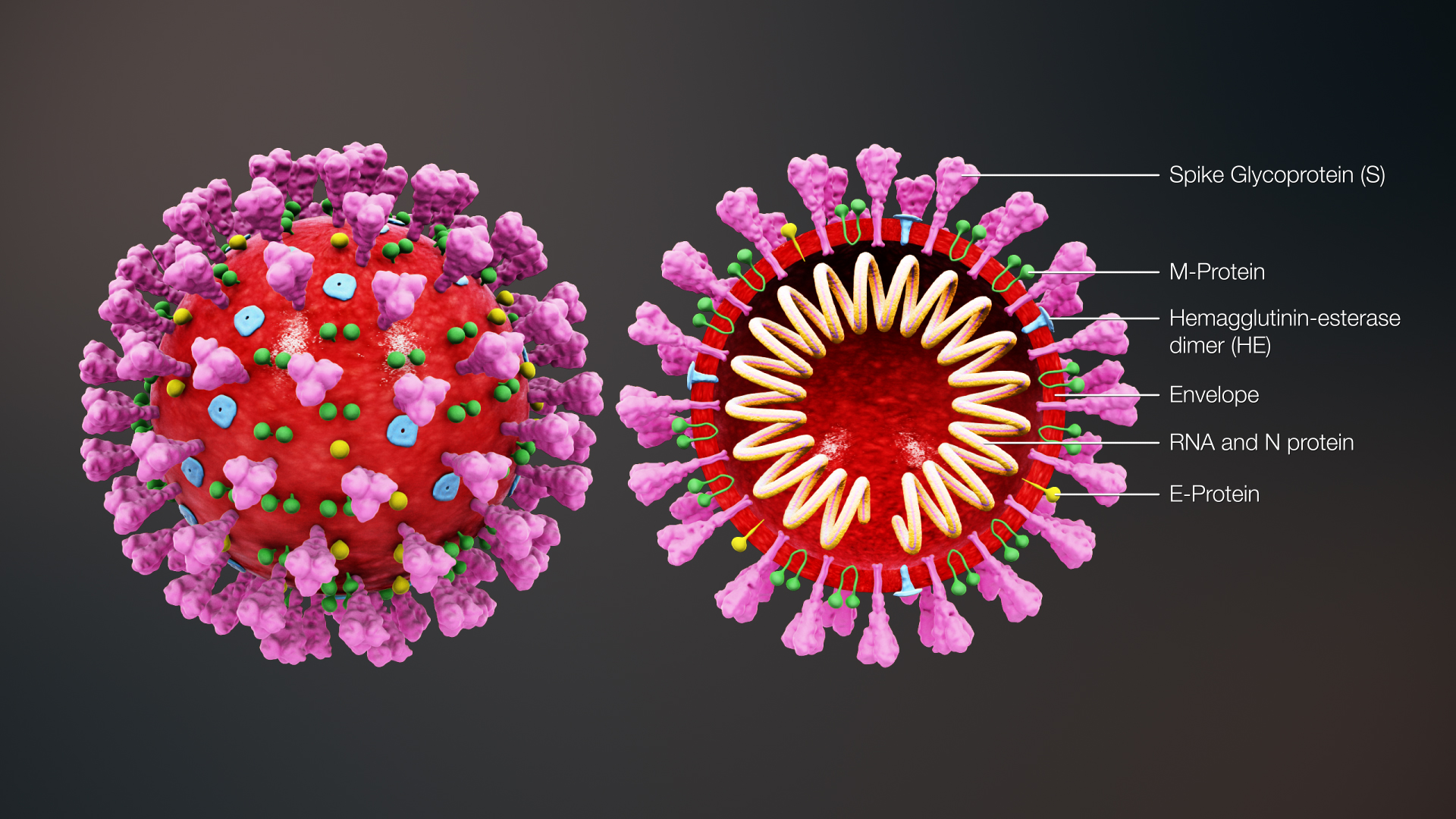If you think getting a massage is just about pampering yourself, think again. There’s no question that a massage can feel great, but studies show us that it can also have direct benefits to our health, making massage a potentially valuable component of your anti-aging or functional medicine program.
According to research, massage can be helpful for a variety of problems like:
- Stress, anxiety and depression. Massage can lower levels of cortisol, a hormone closely related to stress. This can help you improve your mood and even lower your blood pressure. Massage can also raise levels of serotonin and dopamine, neurotransmitters that play a crucial role in mood.
- Back pain and osteoarthritis. Changes in cortisol, serotonin and dopamine will affect more than just your mood—they also block your nervous system’s pain receptors. Some studies show that massage may work better at reducing lower back pain than chiropractic therapies and acupuncture, and can be just as effective as medication. Massage can also improve range of motion and ease pain and stiffness in people who suffer from osteoarthritis.
- Infectious diseases. Cortisol suppresses the immune system, making it more difficult for the body to fight off disease. By lowering cortisol levels, massage can improve immune defense, even in cancer patients and others with weakened immune systems.
- Insomnia. Massage can promote better sleep by reducing stress and increasing brain waves called delta waves that are linked to deep sleep. These effects can be so strong that many people even find themselves dozing off on the massage table.
- Headaches. Getting massages regularly can decrease the frequency and severity of migraines. Massages may also decrease the pain of tension headaches and ease the stress and frustration associated with frequent headaches.
- Digestive disorders. Gently massaging the abdominal area can stimulate the movement of the digestive tract, which can help to alleviate symptoms like gas, bloating, constipation and cramping. Because massage helps us reduce stress, it can also reduce the tension that frequently worsens the symptoms of irritable bowel syndrome (IBS).
Though massage isn’t a replacement for medical care of any of these issues, it can be a valuable complementary treatment, and may provide some assistance in ways that conventional medicine cannot. If you think massage may be able to help you, talk to us about incorporating it into your anti-aging, functional medicine or weight loss program.







